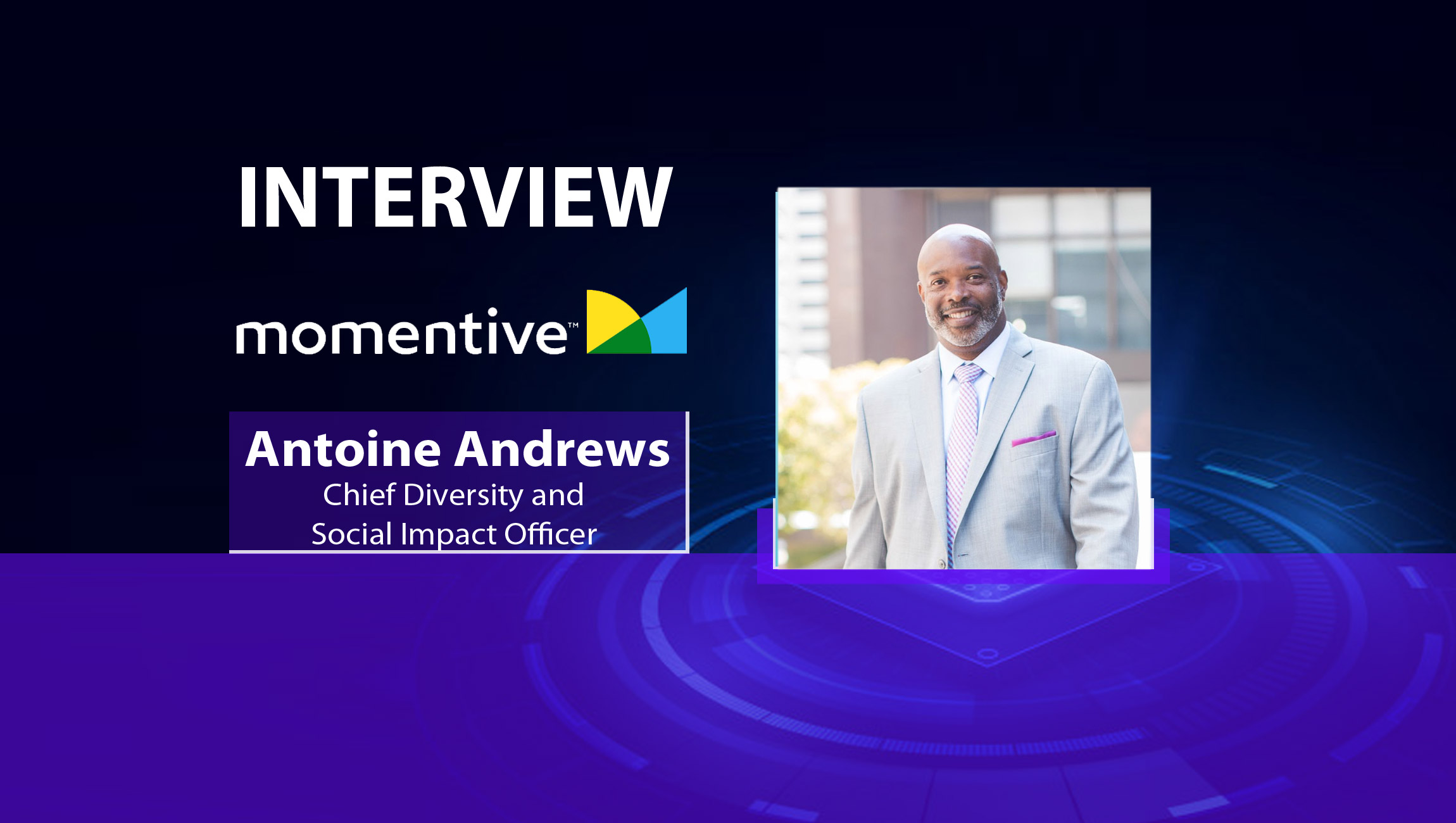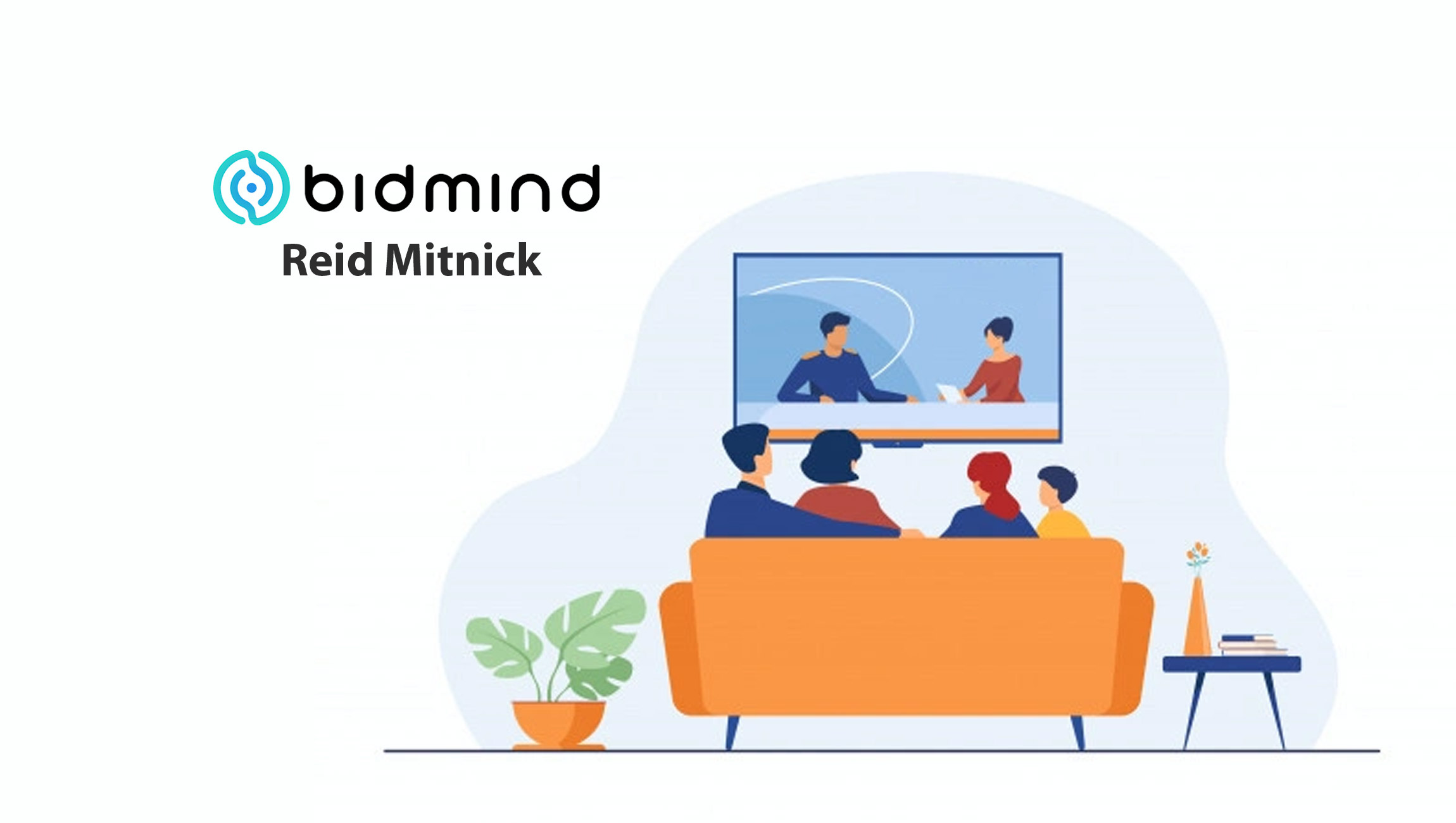DEI practices are integral to not just company culture but also overall business growth; Antoine Andrews, Chief Diversity and Social Impact Officer at Momentive (Formerly SurveyMonkey) shares a few top tips that can help marketing and sales leaders drive better DEI initiatives when building out team structures:
_______
Welcome to this MarTech Series chat Antoine, tell us more about your roles over the years and the growing importance of having dedicated teams and personnel address diversity related aspects in the workplace.
As Chief Diversity and Social Impact Officer, I lead the company’s diversity, equity, inclusion, and social impact functions at Momentive. I help accelerate our progress to goals and hold our teams accountable when it comes to hiring, retaining, developing, and promoting a more diverse team, as well as fostering an inclusive culture. I also lead social impact work, leveraging the company’s data, brand, voice, and influence to make a positive impact. Our three focus areas are centered around Educational Equity, Reshaping the Workforce, and Environmental Responsibility. My goal is to elevate Momentive’s efforts in social impact by ensuring the company continues to give back to and empower both local communities and the broader business community, a key focus for the company.
I joined Momentive from the workforce development non-profit Year Up, an organization committed to ensuring equitable access to economic opportunity, education, and justice for all young adults. My role there was Chief Diversity, Equity, and Inclusion Officer. I expanded Year Up’s DEI efforts to focus more on inclusion, anti-racism, and equity as strategic priorities by holding leaders accountable for progress individually and collectively. Prior to Year Up, I held DE&I leadership roles at Gap Inc., Symantec, and Nike. In these roles, I was responsible for setting a multi-year strategic roadmap, developing targeted action plans to bring the strategy to life, and ensuring sustained results over time.
Having a dedicated person or team to address diversity, equity and inclusion-related aspects in the workplace is important because work cultures must be created so that all employees’ voices are heard and validated despite race or gender, thus allowing them to focus on what matters: their work. This hasn’t always been the case with business processes, so having a designated person to think about how things are run and the impact it has on different groups is ultimately good for revenue, retention, and productivity.
Marketing Technology News: MarTech Interview with Max Nelson, VP of Marketing Communications at OpenX
What are some of the biggest DEI gaps you’ve been observing across the B2B/Tech marketplace? A few thoughts on what tech and B2B companies can do to address this?
When we talk about bias in our organizations and institutions, many of us look for sharks. But bias isn’t the shark. Bias is the water. Bad experiences in our interview process, pay inequity, uneven promotion rates—all of these things are important, but we need to focus on the bigger picture here. At Momentive, we’re pioneering a DEI approach that combines HR data on representation, pipeline, and progression with employee sentiment data to understand the holistic DEI experience at our organization and its impact on employee engagement, retention, and performance over time. We are not only creating this approach to better our workplace, but we are also working with decision-makers to help shape what’s next.
Ultimately, the tech industry needs a new approach to finding and retaining talent, starting with meeting high-quality recruits where they are without being constrained by their background, and putting programs in place to support these hires based on their varied lived experiences.
We’d love to hear more about your new product – Workplace Equity IQ and how it will benefit the overall employee culture and experience?
I have had the privilege of leading the development of our DEI solution, Workplace Equity IQ, which helps customers navigate sensitive DEI topics with confidence with the help of our team of DEI experts. Our Workplace Equity IQ solution connects people data with employee experience insights so that companies can understand the holistic DEI experience at their organization and its impact on employee engagement, retention, and performance over time. This professional services tool which is powered by Momentive technology will help companies navigate sensitive DEI topics with confidence with the help of our team of DEI experts, and get equipped with tangible recommendations and proven steps to drive measurable change within your organization. By using scientifically validated measures and scales that assess the most critical concepts related to inclusion, safety, trust, and experiences of bias, while maintaining user sensitivity and confidentiality, companies can:
- Understand the beliefs and experiences of employees across intersectional identities
- Spot critical turnover points throughout the employee lifecycle with descriptive insights
- Get a customized strategy and roadmap for closing gaps based on decades of DEI expertise
I will be working with our beta partners, Headspace and Chime, to prepare us to scale and serve the rest of our business community with tangible recommendations and proven steps to drive measurable change within their organizations.
Marketing Technology News: MarTech Interview with Aruna Ravichandran, CMO at Webex by Cisco
Specific to marketing and sales / customer facing roles and teams, how would you expand on the benefits of inculcating a DEI culture?
Not embracing innovation and outside-the-box thinking among your organization, let alone your sales and marketing teams, will only hinder your bottom-line growth in a fast-paced business environment. Sales teams are not going to encounter only ONE type of customer. Intersectionality is a critical aspect of DEI and thought-processes that they have to encounter as they try to come to an agreement. If you have diverse sales and marketing teams, you’re more likely to be able to connect with any type of buyer on the other end. If your customer-facing teams are consistently approaching prospects and customers in a homogenous way, you and your team will not be able to embrace new strategies for different and ever-changing customers, and it will be increasingly harder to make your constantly growing number.
Some last thoughts and takeaways before we wrap up?
As important as DEI is for the well-being of employees and the success of a business, there is a disconnect between how leaders and employees view this topic. Recent research from Momentive showed a gap between managers’ expectations and their employees’ lived experiences — a divide that was even more pronounced when we considered respondents’ race. The research showed that half of white executives (51%) consider DEI to be a distraction from the company’s real work. This is in stark contrast to entry-level workers, of which 72% consider DEI initiatives to be “an important factor in our company’s ability to drive success.”
Even if these results aren’t surprising, the size of the misalignment should be a wake-up call for us that we don’t always have insight into how our employees actually experience the workplace. We need to take steps to proactively learn more about their experiences. Any good leader should understand that DEI is real work, not optional, and certainly not a distraction. DEI is associated with better business performance, innovation, and employee happiness. As leaders, we are all looking for critical differentiators for our organizations, team, and business. DEI is just that. However, as leaders, it also requires us to shift our mindset, change our behaviors, and hold our teams (and ourselves) accountable for creating an equitable and inclusive culture where ALL employees can do their best work. There’s an Oprah Winfrey quote that has always resonated with me, “The greatest discovery of all time is that a person can change their future by merely changing their attitude.” The shifting of one’s mindset can unlock success and progress.
Marketing Technology News: MarTech Interview with Jason Brown, Addressable Advertising Lead for WarnerMedia Ad Sales
 Momentive.ai delivers intuitive, people-centric solutions that help industry leaders quickly and confidently make important decisions, take action, and achieve tangible results.
Momentive.ai delivers intuitive, people-centric solutions that help industry leaders quickly and confidently make important decisions, take action, and achieve tangible results.
Antoine Andrews is the Chief Diversity and Social Impact Officer at Momentive (Formerly SurveyMonkey)
Catch our Latest Episodes of The SalesStar Podcast!
Episode 97: B2B Marketing Trends And The Changing Face Of The B2B CMO: With Dave Dabbah, CMO, CleverTap
Episode 96: B2B Sales Intelligence Trends And Best Practices With James Isilay, CEO At Cognism
Episode 95: Enterprise Sales Best Practices With Damien Swendsen, VP Sales At InsideView



